
If we didn’t experience fear, we’d walk into traffic without looking, try and stroke a lion, or step into the ring with a heavyweight boxer.
So, when faced with a dangerous situation, fear can work very well in protecting us.
Protecting yourself when under threat would be a rational, reasonable, prudent thing, because the real purpose of us feeling fear is to promote our own survival. We are hardwired with the emotion of fear. It’s an ancient instinct, untouched by thousands of years of evolution, designed to protect ourselves when we are vulnerable—to stay alive.
Fear is a normal part of life; it will never go away.
The trouble is that human beings often have the unfortunate gift of anticipation. We anticipate terrible things that might happen—things we have heard about, read about, or seen on TV. Our anticipation grows the fear inside us, and then our fear is inflated. We get really scared, and we find ourselves in a self-perpetuating loop that can be hard to break.
So, your fear may well exist in your thoughts of the future, causing you to fear things that do not at present, or may never, exist.
Danger is real, but fear could be more of a choice.
You might be scared, but if you never try or have a go, you will never learn, grow, or change.
So, identify your fear—know what it is you are really fearful of. This is so important, because there may well be a hidden emotional fear hiding behind a practical task.
Sun Tzu said: “If you know the enemy, and you know yourself, you need not fear the results of a hundred battles.” And as the author Susan Jeffers suggested, “Feel the fear and do it anyway.”






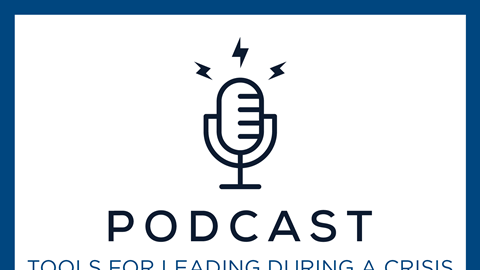
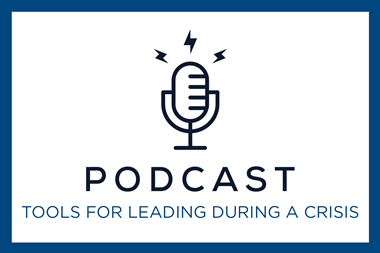
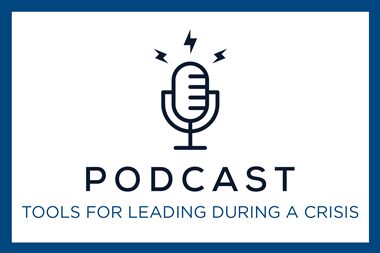
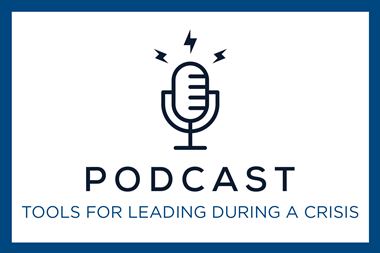
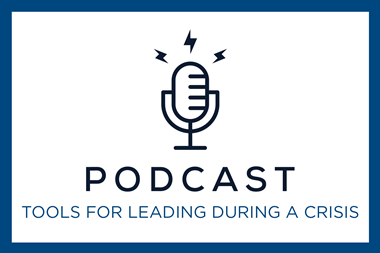
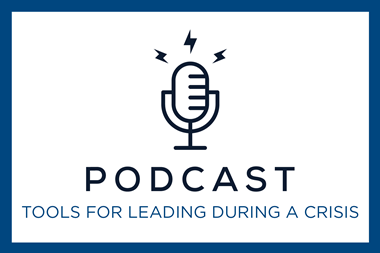




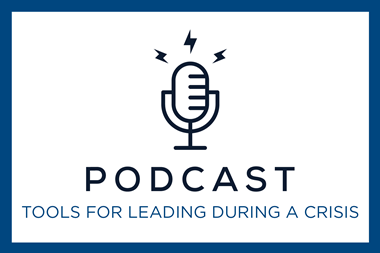



No comments yet